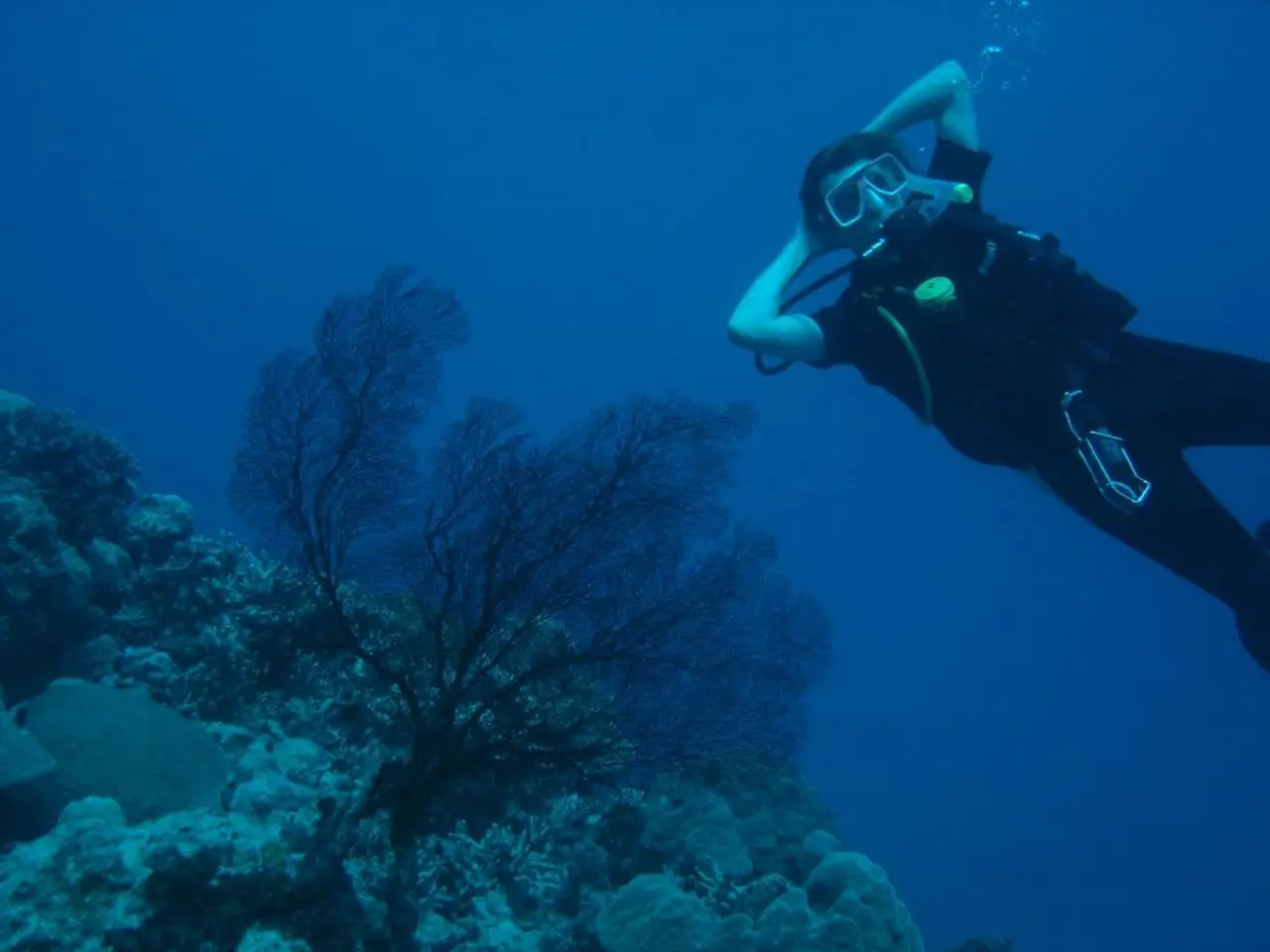Beach Closures in Sydney Following Baffling Tar Influx
In recent days, thousands of small, grey "debris balls" have been washing ashore on popular beaches in Sydney, Australia, leading to temporary closures and public health warnings. These balls, ranging from 10 to 40 mm in size, have been found on beaches including The Entrance Beach, Grant McBride Baths, and several Sydney eastern suburbs beaches like Coogee, Bondi, and Manly.
Testing by the NSW Environment Protection Authority (EPA) has found these balls to be composed of fatty acids, petroleum hydrocarbons, and other organic and inorganic materials—consistent with tar-like substances. Importantly, tests also revealed bacterial contamination including Enterococci, E. coli, and thermotolerant E. coli, which can cause illnesses such as diarrhea, meningitis, and urinary tract infections.
The source of the tar balls remains unconfirmed. Authorities hypothesize multiple possible origins including stormwater or sewerage networks, and local or international shipping activities, but no definitive source has yet been identified. The EPA had previously investigated similar events from October 2024 but reportedly ceased that investigation as of early August 2025 for reasons not fully detailed in the public domain.
Currently, local councils are advising the public to avoid affected beaches, not to touch the debris, and to report any findings. Testing and safe cleanup measures are ongoing while the EPA continues monitoring and analysis.
The appearance of these tar balls in Sydney underscores the ongoing challenges of marine pollution. Experts fear that these toxic substances within the tar balls could potentially seep into the surrounding water, endangering marine biodiversity.
Professor William Donald from the University of New South Wales Sydney describes the tar balls as a "chemical mystery." Initial laboratory tests have confirmed these objects as "tar balls," typically formed when oil interacts with debris and water.
Beaches will remain closed until further notice as investigations continue. Authorities, including the EPA, Port Authority, and Transport for NSW, are collaborating on cleanup efforts. The Australian Maritime Safety Authority is conducting reverse modeling and drift modeling to determine the origin of the pollution.
The tar balls incident is affecting Australia's coastal image and poses a threat to industries like fishing and tourism that depend on healthy marine ecosystems. This unfortunate event emphasizes the need for vigilant environmental monitoring and protection of coastal ecosystems.
- The ongoing challenges of marine pollution extend beyond these tar balls, as they raise concerns about the potential impact on health-and-wellness, including skin-care, considering the bacteria found within them.
- In light of the climate-change debate and humanity's growing footprint on the environment, the workplace-wellness sector could consider implementing policies that promote fitness-and-exercise initiatives to offset pollution-related risks for their employees.
- As scientists strive to determine the source of these tar balls, the field of environmental-science may find innovative solutions to tackle the root causes of marine pollution, leading to a cleaner, healthier environment for future generations.




